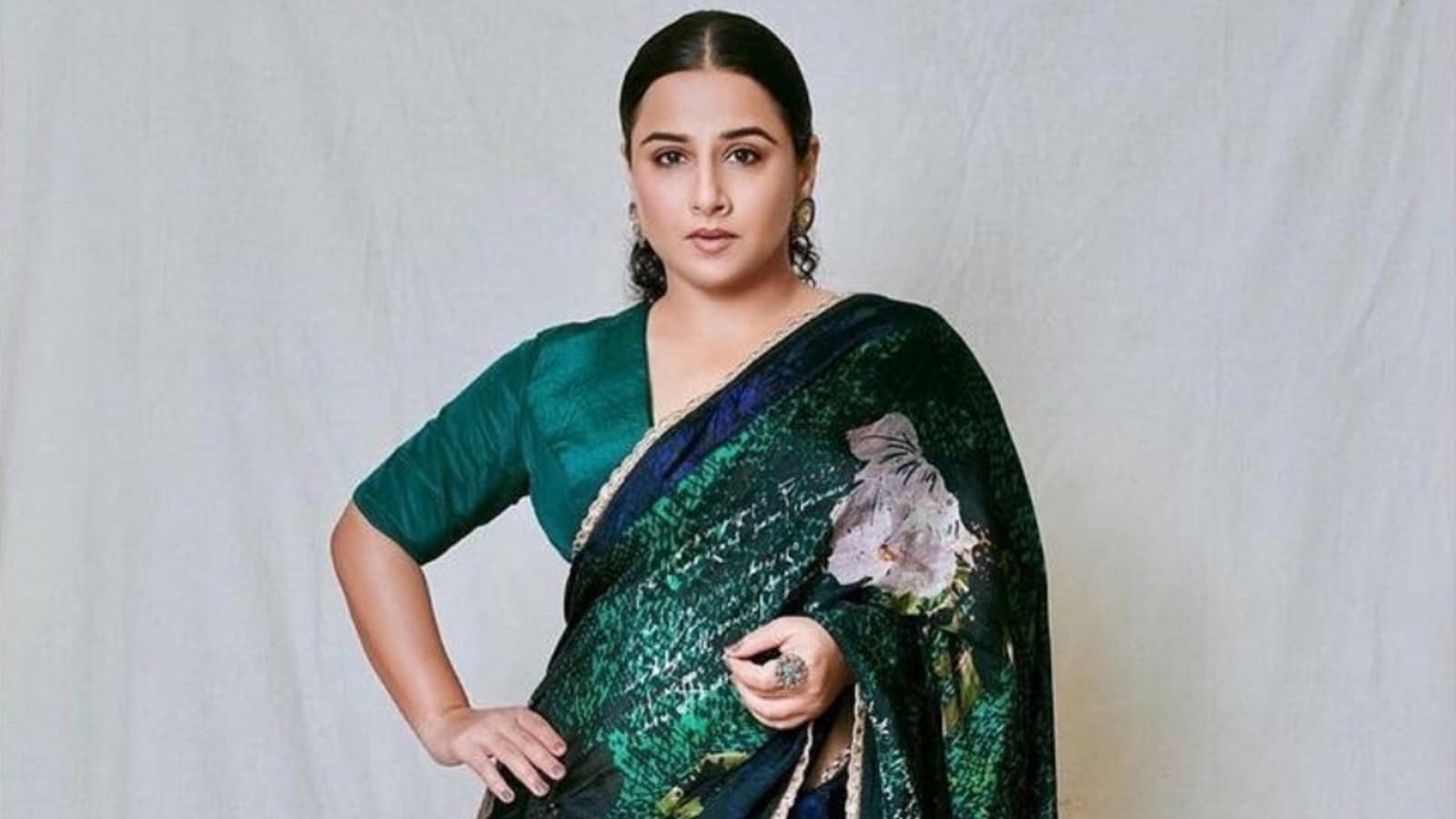The beauty of Indian silk sarees is that it is known for their lustrous beauty and because of its incomparable variety of different designs and colors. These silk and designer sarees are mainly known as the traditional bridal wear for most of the Indian brides in our country.
The traditional and very famous south Indian sarees that are made of pure silk is known worldwide for its beauty and it’s cultural touch.
The following are some very famous silk sarees of different states in India which represents it’s states culture and traditional values:
If you want to buy online sari wholesale at best prices find so many Sarees Manufacturer and Supplier in Surat , India.
Table of Contents
Kanchipuram Silk Saree:
This type of silk sarees is basically made in the Kanchipuram region in Tamil Nadu, India. These kinds of sarees are mainly worn by women as bridal & special occasion sarees in Tamil Nadu, Kerala, Karnataka, Telangana,Andhra Pradesh,etc.
Kanchipuram silk sarees are majorly known for their traditional designs, gold borders, and dense fabric in different colours.
Attire from: Tamil Nadu
Alternative names: Kanjivaram Saree
Type: Handloom sarees.
Material: Silk.
Originated from: Kanchipuram
Area: Kanchipuram, Tamil Nadu, India.
Banarasi Saree:
These saaress are made in Varanasi, an ancient city which is also known as Benares. Banarasi sarees are among the finest sarees in India and are mainly known for their gold and silver brocade or zari, with fine silk and amazing embroidery.
Attire from: Uttar Pradesh
Type: Handloom sari
Occasion: Festive occasions, favorite among the brides because of its royal aura.
Material used: Silk
Originated from: Varanasi, Azamgarh, Jaunpur, Bhadohi Mirzapur, etc.
Bandhani Saree:
It is also known as “Bandhej saree” which is specially found in Gujarat and Rajasthan. The manufacturing of the patterns of Bandhej saree may vary according to the region.
The varieties of Bandhej saree are created in Mandvi, Bhuj, Rajkot, Jaipur,Udaipur, Anjar, Jamnagar,Bikaner, Ajmer, etc.
This fabric is made by pinching small portions of cloth and by tying them and plucking the cloth with the fingernails into many many tiny bindings that makes a figurative design to form a pattern of dots. These sarees are then placed in different dye vats that result as bright and beautiful colours.
Attire from: Gujarat
Type: Handloom saree
Occasion: Festive occasions, traditional occasions.
Nauvari Saree:
It is also known as Nauvari saree, Kacha, Lugada, Kashta saree, and Sakacha saree.
It is a traditional nine-yard saree that is wrapped by females mostly in Maharashtra region.
The speciality of this saree is that it is very long; the other sarees are six yard long whereas, Nauvari is nine yards long. This makes Nauvari saree different from other types of regular sarees.
It was majorly worn by the Maharashtrian Brahmin community and this tradition continued till now.
Attire from: Maharashtra
Type: Handloom saree
Occasions: Festive, traditional, casual occasions.
Tant Saree:
It is a traditional Bengali saree, originated from the Bengal region of the eastern part of the Indian subcontinent. It is usually used by Bengali women.
It is generally made by the weavers from the Indian states of West Bengal, Assam’s Barak Valley, Tripura and almost all over Bangladesh.
These sarees are mainly woven from cotton threads and are famous for their lightness and transparency.
Chanderi Saree:
It is a traditional saree that is mainly made in Chanderi, Madhya Pradesh, India.
It is produced from three kinds of fabric: silk cotton, Chanderi cotton and pure silk.
Type: Saree Material:
Silk or cotton
Place of origin:
Chanderi, Madhya Pradesh, India.
Chikankari Saree:
These types of sarees are majorly famous in Lucknow, Uttar Pradesh. It is known for its ‘chikan embroidery’ which means embroidery on silk.
The technique of its creation is known as Chikankari and its uniqueness flaunts grace and elegance and pleases the wearers.
Bomkai Saree:
It is also known as Sonepuri saree. It is a handloom saree famous in Odisha, India. It is basically an origin of Bomkai, and was first introduced and produced by the Bhulia community of Odisha.
The design of fish is mostly seen in the saare and it is believed that the design of fish is a sign of success and affluence.
Kasavu Saree:
This saare is mainly worn by the malayalam women in Kerala, India. It is a woven and cream coloured saree with golden border.Kasavu saree is one of the finest and traditional saare that defines the beauty of every woman in Kerala.
The beauty of Kasavu embroidery is seen among the young and the older women as they wear this saare during the festival Onam that is celebrated in Kerala.
Phulkari Saree:
It is mainly famous in Punjab, India and is folk embroidery of Punjab.
Phulkari means floral work, but the designs also include geometrical shapes and motifs.
Attire from: Punjab
Type: Handloom saree.
Origin: Punjab
Occasions: Traditional and festive occasions.

